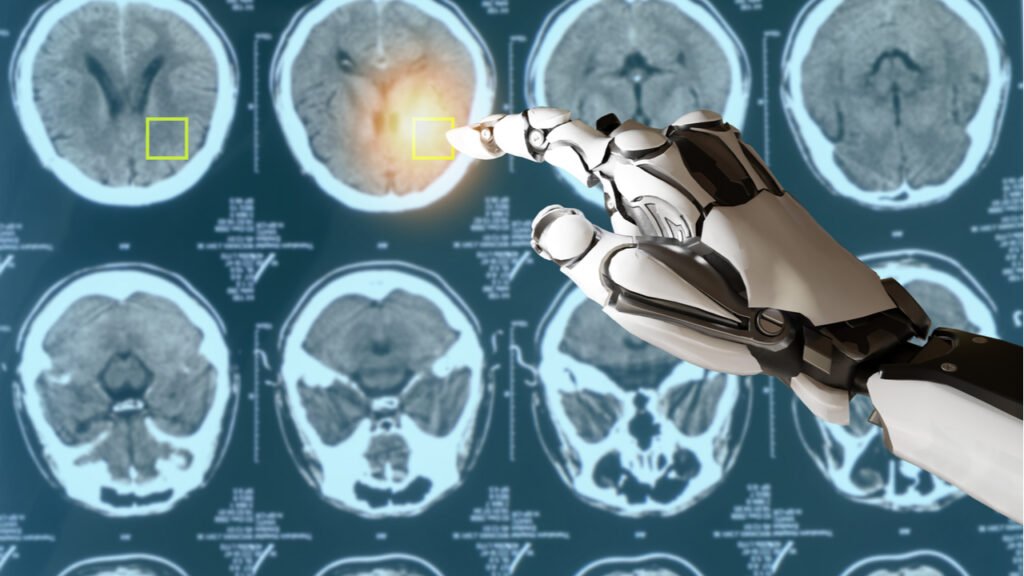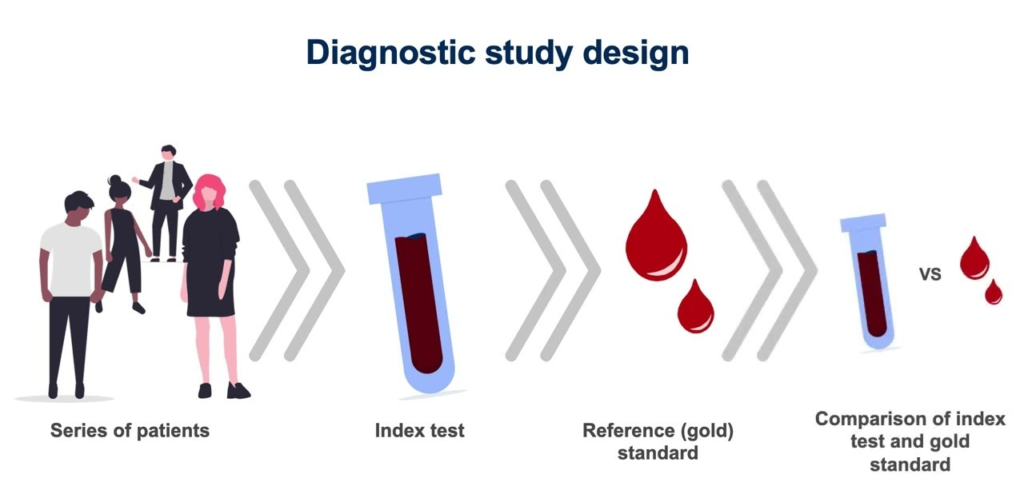
Introduction
Healthcare is rapidly advancing, with key trends like telemedicine, AI, and mental health awareness shaping its future. These innovations enhance accessibility, improve diagnostic accuracy, and personalize treatments, while also addressing disparities and resource limitations. A holistic approach to health, including seasonal wellness and debunking nutrition myths, is increasingly important in 2024 and beyond. By embracing these changes, we can better navigate the evolving healthcare landscape.
1. Telemedicine: The Future of Healthcare Access
Telemedicine is transforming healthcare by using technology to provide remote medical services. It offers greater convenience and access, especially for patients in rural or underserved areas, by reducing barriers such as geographic limitations, waiting times, and high costs.
-
Enhanced Accessibility
Telemedicine improves access to healthcare by connecting patients in remote or underserved areas with specialists, eliminating the need for travel. This is especially helpful for those with mobility issues or limited transportation options.
-
Convenience and Efficiency
Telemedicine enhances convenience for patients by enabling them to schedule appointments from home, saving time and reducing hassle while allowing providers to manage multiple patients more efficiently.
-
Cost-Effectiveness
Telemedicine lowers healthcare costs by saving patients on travel and consultation fees while reducing providers’ overhead expenses related to physical office spaces.
2. AI in Healthcare: From Diagnosis to Treatment
AI is revolutionizing healthcare by enhancing diagnostic accuracy, personalizing treatment plans, and automating routine tasks. This topic delves into the ways AI is being applied in areas like radiology, pathology, and surgery. Vast datasets, such as medical imaging, can be analyzed by AI systems to identify patterns and predict outcomes more efficiently than human experts.

-
Enhanced Diagnostic Accuracy
Extensive medical data, including images and genetic information, is analyzed by AI algorithms to identify patterns often overlooked by human clinicians, enabling earlier and more accurate diagnoses. This capability is especially beneficial in detecting conditions like cancer, where timely identification significantly improves treatment outcomes.

-
Predictive Analytics for Patient Care
AI-driven predictive analytics can identify individuals at risk for health issues by analyzing patient data trends, allowing for proactive interventions that enhance patient management and lower healthcare costs.
-
Remote Patient Monitoring
AI technologies facilitate real-time remote patient monitoring through wearable devices, enabling proactive health management and timely clinical interventions based on vital sign data.

-
Ethical Considerations and Challenges
The integration of AI in healthcare necessitates addressing ethical concerns like data privacy, algorithm bias, and transparency to foster trust between patients and providers.
3. The Importance of Mental Health Awareness in 2024
Mental health awareness is vital in 2024 for destigmatizing mental illness, improving service access, and emphasizing holistic treatment approaches for conditions like depression and anxiety.
- Stigma Reduction: Promotes open conversations and reduces discrimination.
- Early Intervention: Leads to timely identification and treatment of issues.
- Access to Resources: Informs individuals about available support services.
- Workplace Well-being: Enhances morale and productivity while reducing absenteeism.
- Integration with Physical Health: Encourages a holistic healthcare approach.
- Crisis Prevention: Fosters community programs to prevent mental health crises.
- Empowerment: Educates individuals to take charge of their mental well-being.
- Support for Vulnerable Populations: Ensures care for youth, the elderly, and marginalized groups.

4. How to Stay Healthy During Seasonal Changes
Staying healthy during seasonal changes is essential for maintaining overall well-being. Here are some key points to consider:
- Adjust Your Diet: Incorporate seasonal fruits and vegetables to boost your immune system and adapt to changing nutritional needs.
- Stay Hydrated: Drink plenty of water, as changes in temperature and humidity can affect hydration levels.
- Boost Your Immune System: Consider supplements like vitamin C and D, especially in winter months when sunlight is limited.
- Maintain Physical Activity: Stay active with indoor workouts or seasonal outdoor activities to keep your body fit and resilient.
- Practice Good Hygiene: Wash hands frequently and avoid close contact with sick individuals to reduce the risk of illness.
- Prioritize Sleep: Adjust your sleep schedule to ensure you’re getting enough rest, especially during daylight savings time changes.
- Manage Allergies: Be proactive in managing seasonal allergies by staying indoors during high pollen counts and using air purifiers.
- Stay Mindful of Mental Health: Seasonal changes can affect mood; practice stress-relief techniques like meditation or mindfulness.
- Dress Appropriately: Layer clothing to adapt to fluctuating temperatures and protect against cold or heat-related illnesses.
By following these tips, you can enhance your health and well-being throughout the year, regardless of seasonal shifts.
Read more article here and previous here